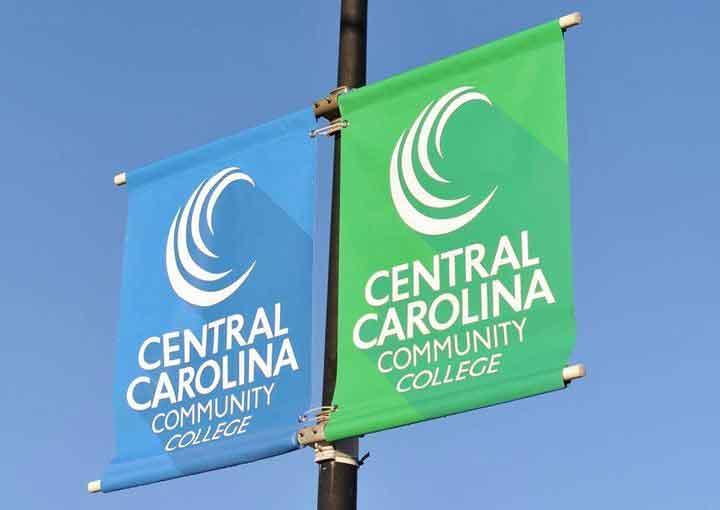
CCCC selected to participate in national initiative to help rural community college students succeed
SANFORD, N.C. — Central Carolina Community College has been selected to participate in Phase 2 of the Rural Guided Pathways Project. Colleges that are part of Rural Pathways work with each other — and with community partners in their regions — to implement evidence-based, institution-wide reforms grounded in the guided pathways framework. The project’s rural focus and in-depth participation of community partners set it apart from other guided pathways efforts.
“Central Carolina is so pleased to have been selected to participate in the Rural Guided Pathways Project. Engaging with peer institutions that are addressing some of the same challenges that we face in serving our communities provides an opportunity to improve service to all of our stakeholders, including our residents and our employers,” says CCCC President Dr. Lisa M. Chapman. “Career pathways that meet employer expectations, including their current and future needs, integrated with effective and timely supports that target the success of our students is what our community expects and what CCCC works to deliver. Rural Guided Pathways will help us institutionalize what we do well and hone in on needed improvements.”
Phase 2 of Rural Pathways builds on the incredible progress colleges made during Phase 1 of the project. Phase 1 included 16 colleges and ran from 2022 through 2024. Phase 2 includes 28 colleges, many of which are continuing the work they started in Phase 1, and will run from 2025 through 2027.
Participating colleges commit to:
- Designing and implementing a better student experience at their colleges.
- Ensuring that more students earn credentials and move on to living-wage jobs or transfer to a four-year institution with junior status.
- Collaborating with key stakeholders to increase economic opportunity in their region and be partners in the implementation of a cross-sector approach to guided pathways.
- Implementing evidence-based reforms that will address inequity and lead to improved educational and workforce outcomes.
Rural Pathways provides a deliberate venue for rural college practitioners to collaborate while they work to improve student outcomes.
Rural Pathways gives rural colleges opportunities to work through challenging issues and collaborate with peer institutions, all in the context of a learning community that provides a broad range of supports.
The role of community partners also sets Rural Pathways apart. Throughout the three-year project, regional partners are an integral part of each college’s team and deeply embedded in pathways implementation. The value of involving external stakeholders in pathways work — and giving them specific roles and responsibilities — is amplified in rural settings, where students’ education, residents’ economic mobility, and the regional economy are so closely intertwined.
“We are excited to have Central Carolina Community College participate in Rural Pathways,” says Gretchen Schmidt, senior fellow, National Center for Inquiry & Improvement (NCII). “Rural institutions have not had many opportunities to problem-solve around the student success and completion issues that are particular to their culture, context, and capacity. By joining Rural Pathways, Central Carolina is demonstrating its commitment to making lasting changes that will improve student outcomes.”
NCII provides the project leadership for Rural Pathways. A team of implementation coaches, leadership coaches, and subject matter experts join NCII in working with participating colleges and developing the project’s curriculum. NCII also builds on longstanding partnerships with the Community College Research Center and the Aspen Institute College Excellence Program to support participating colleges.
For more information visit Rural Pathways.